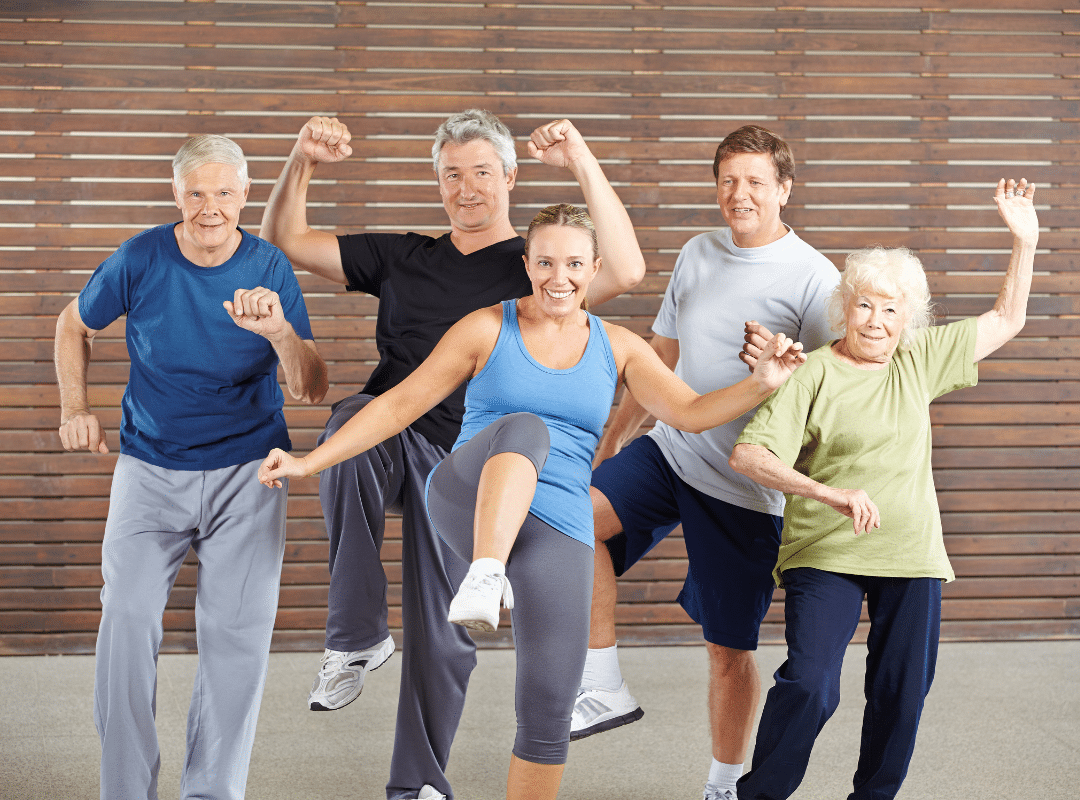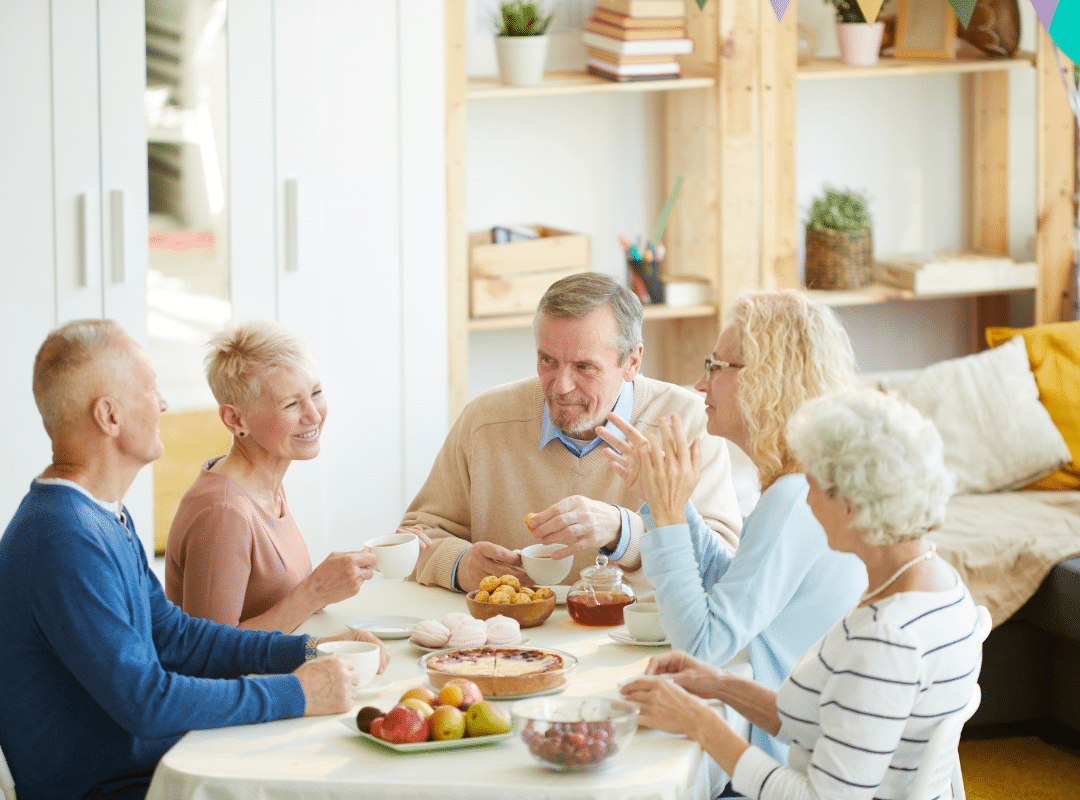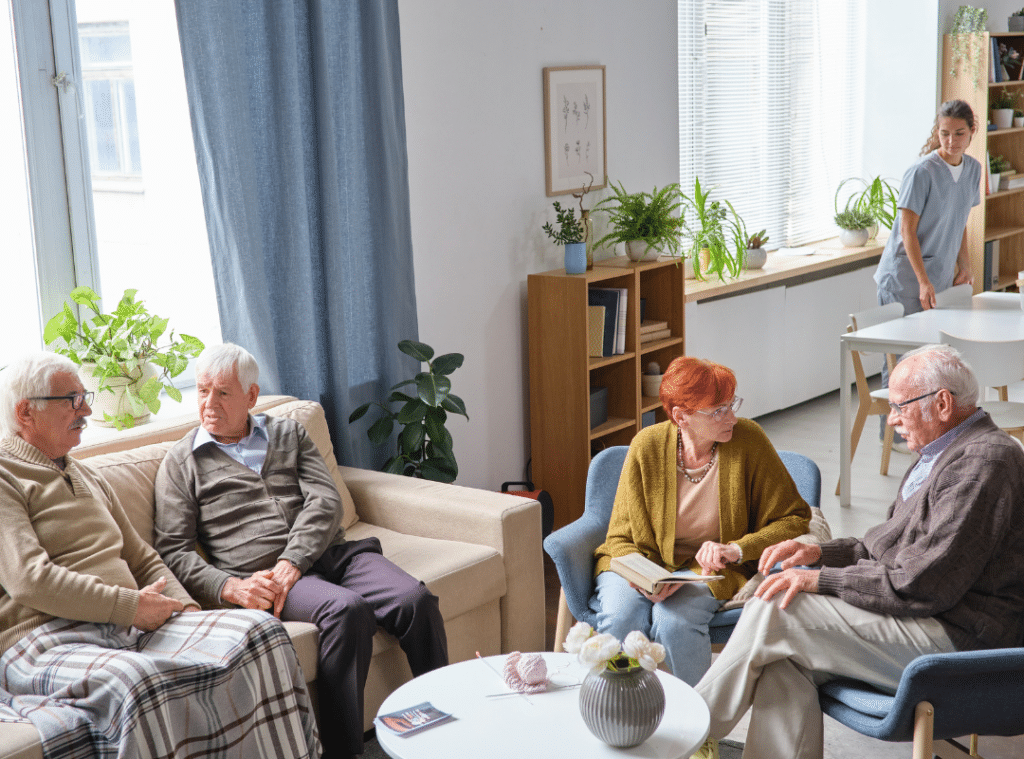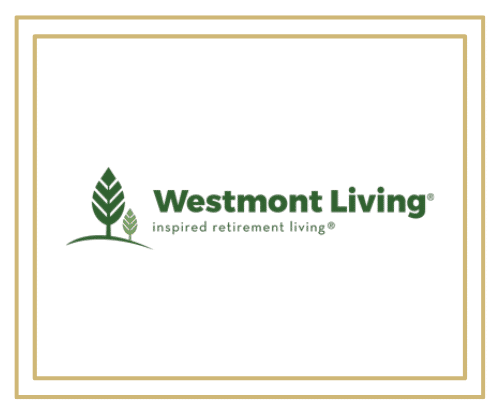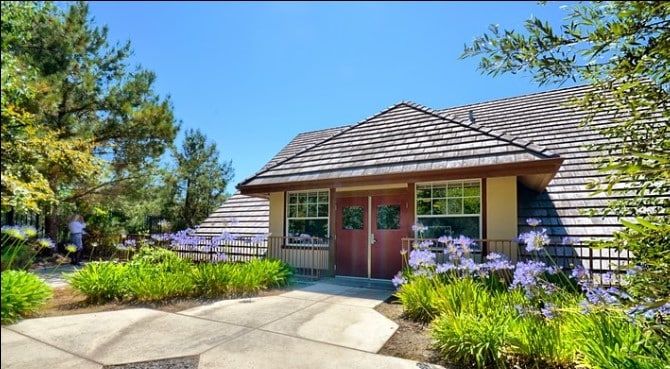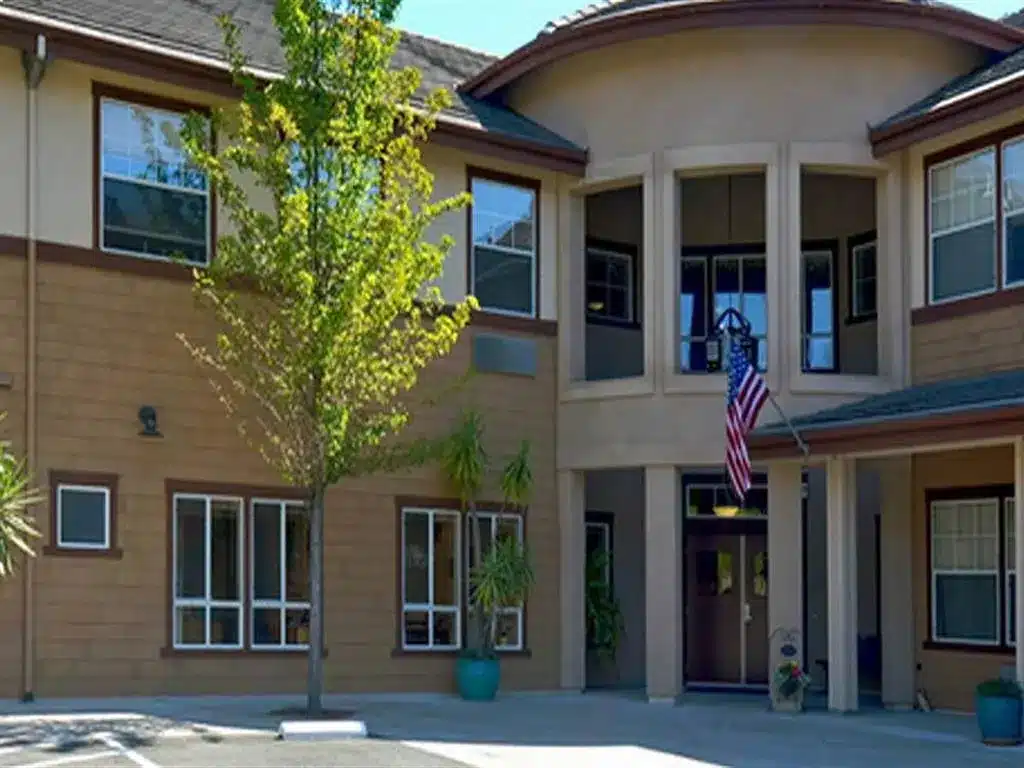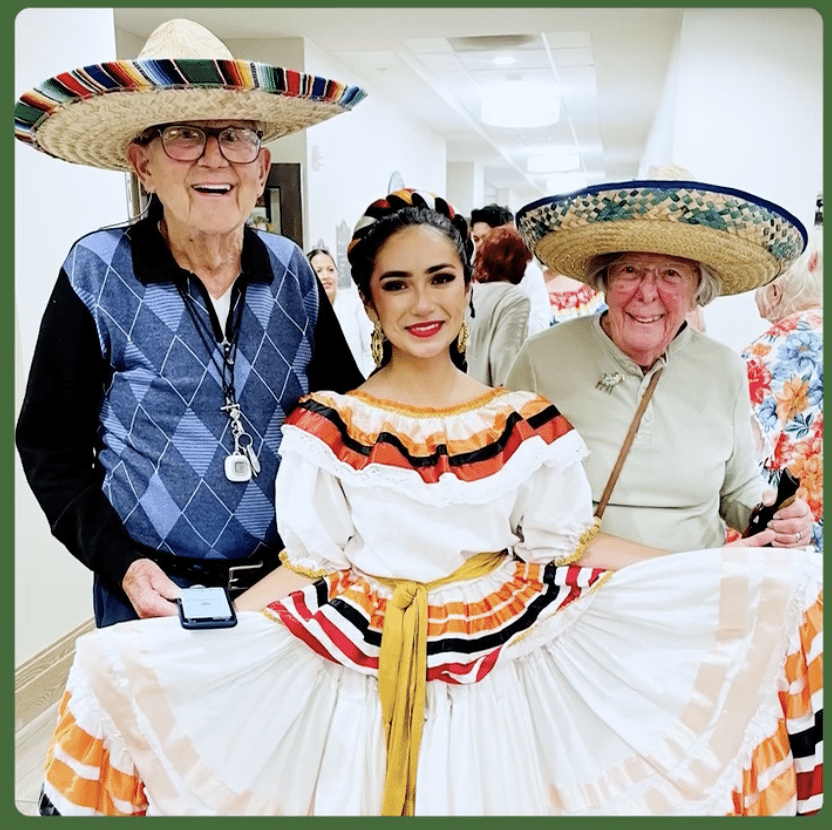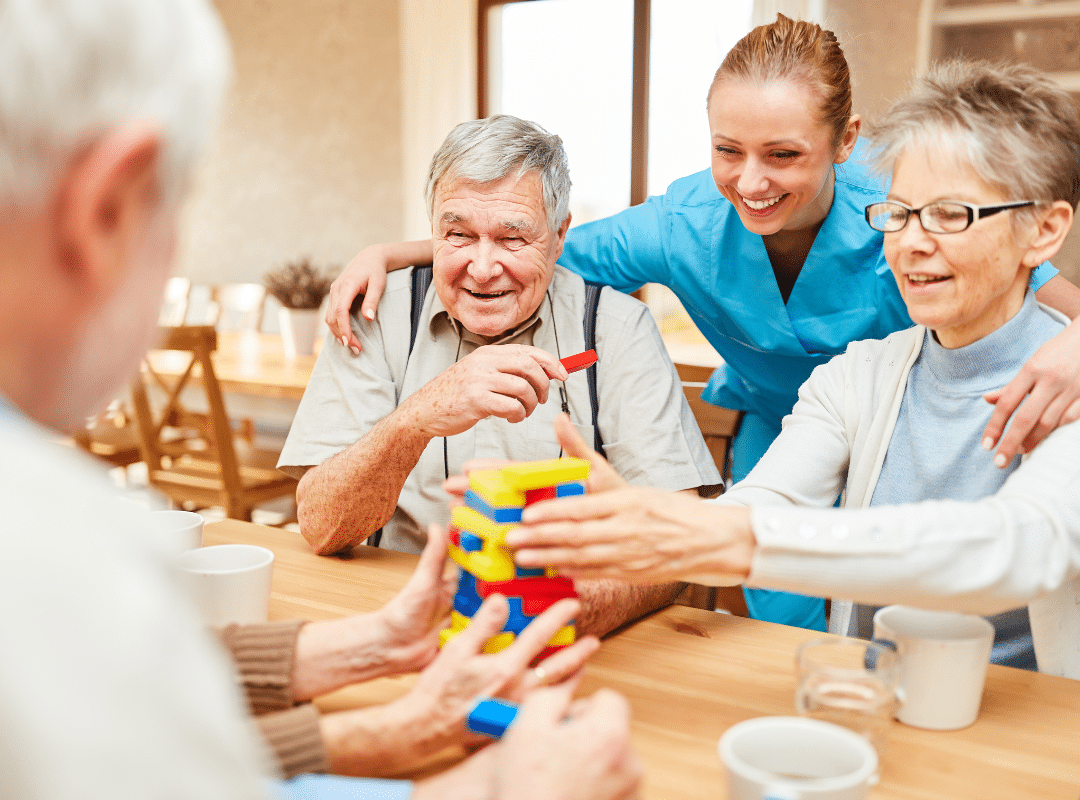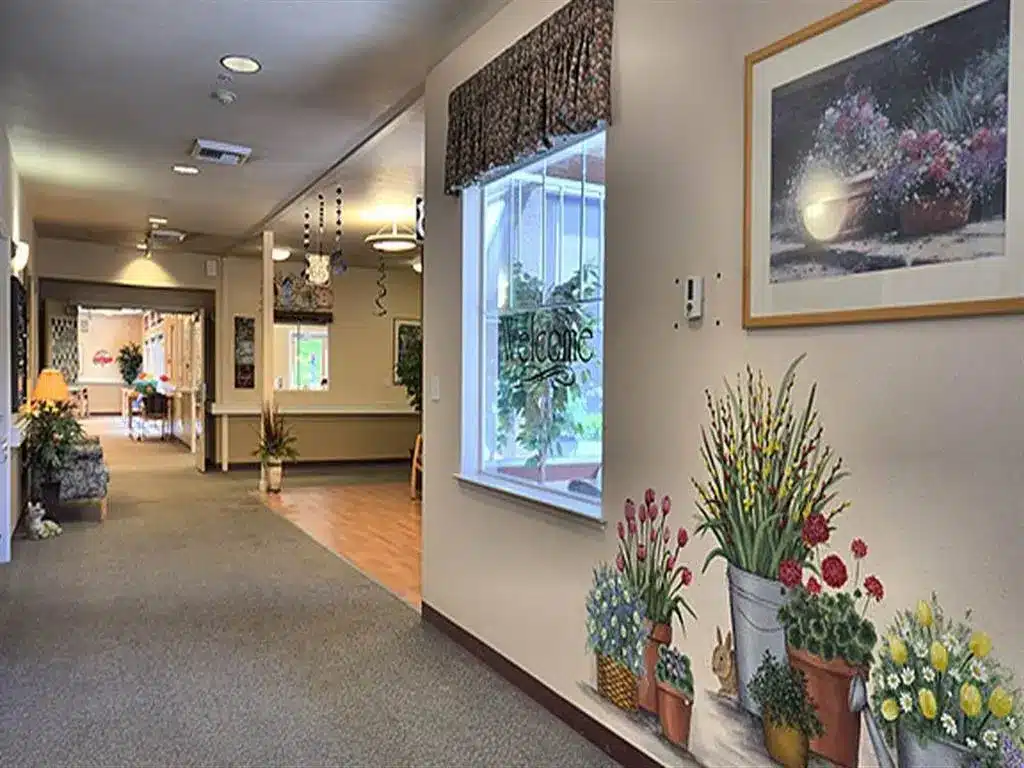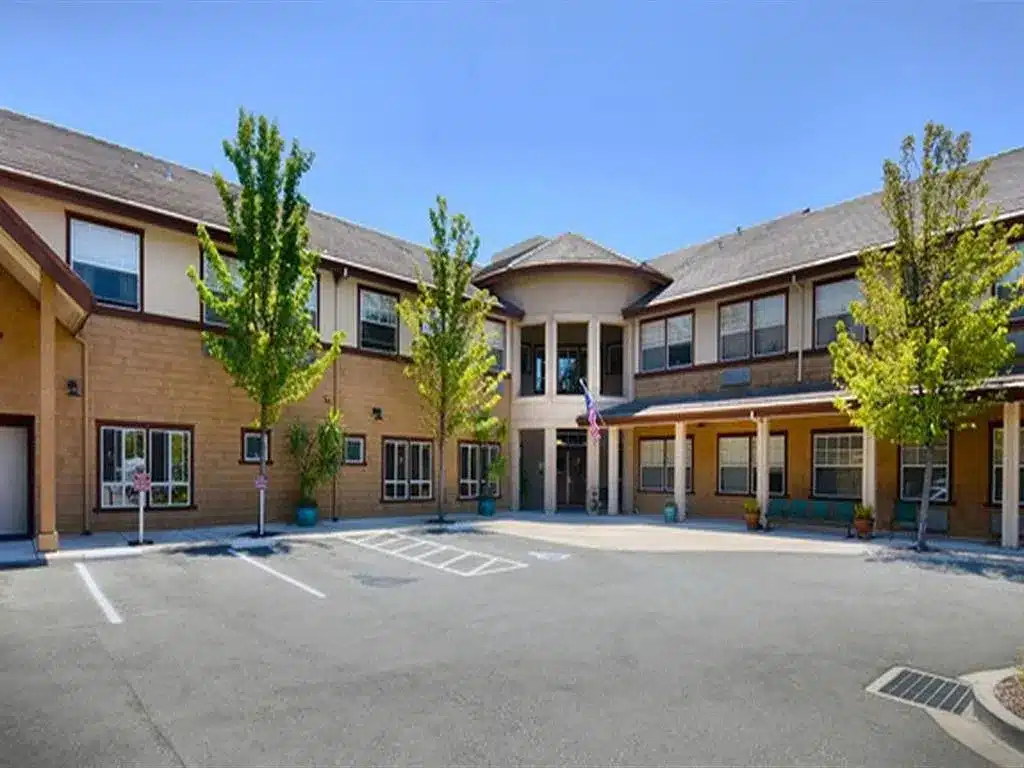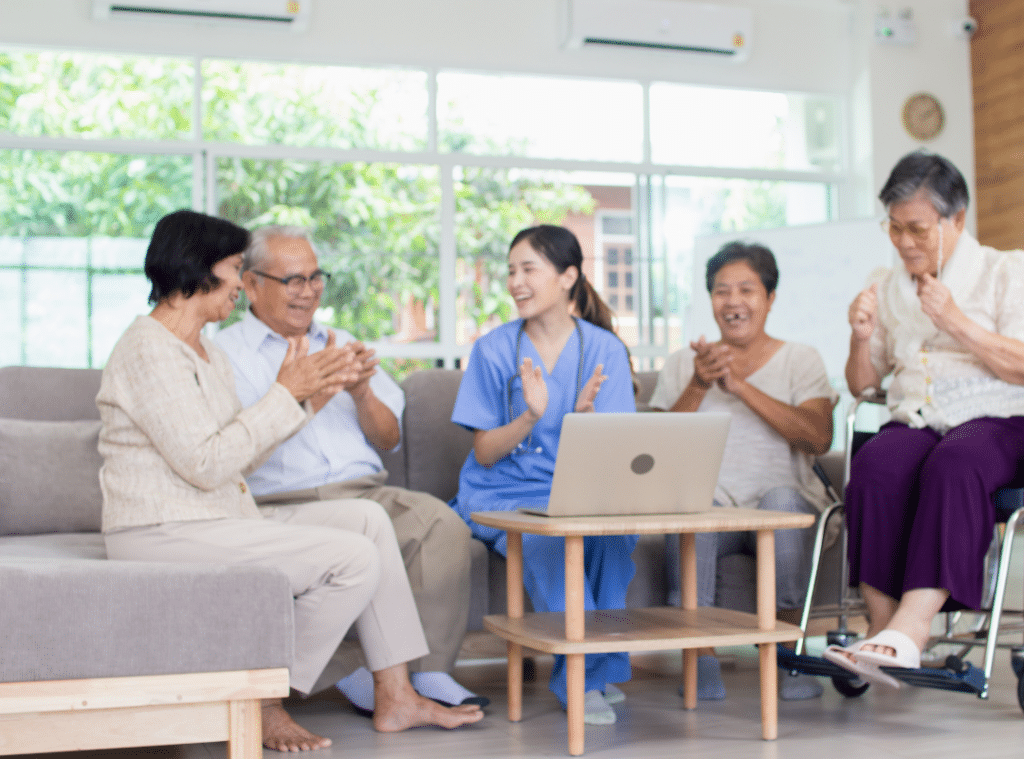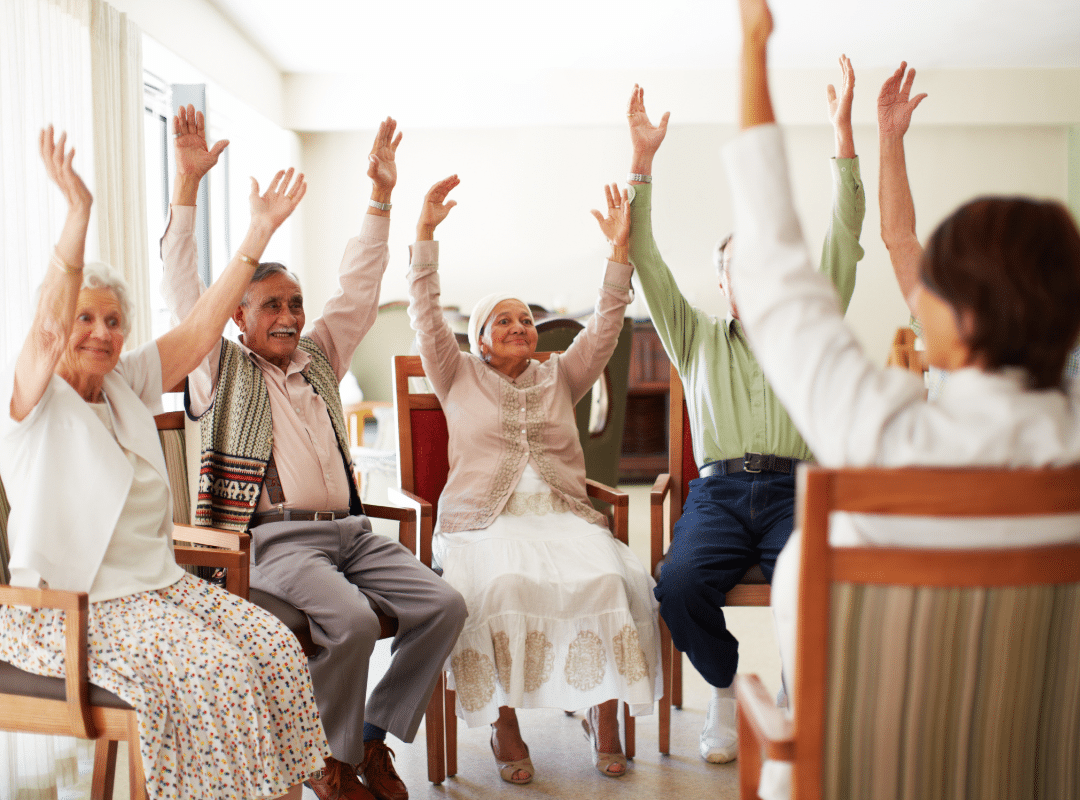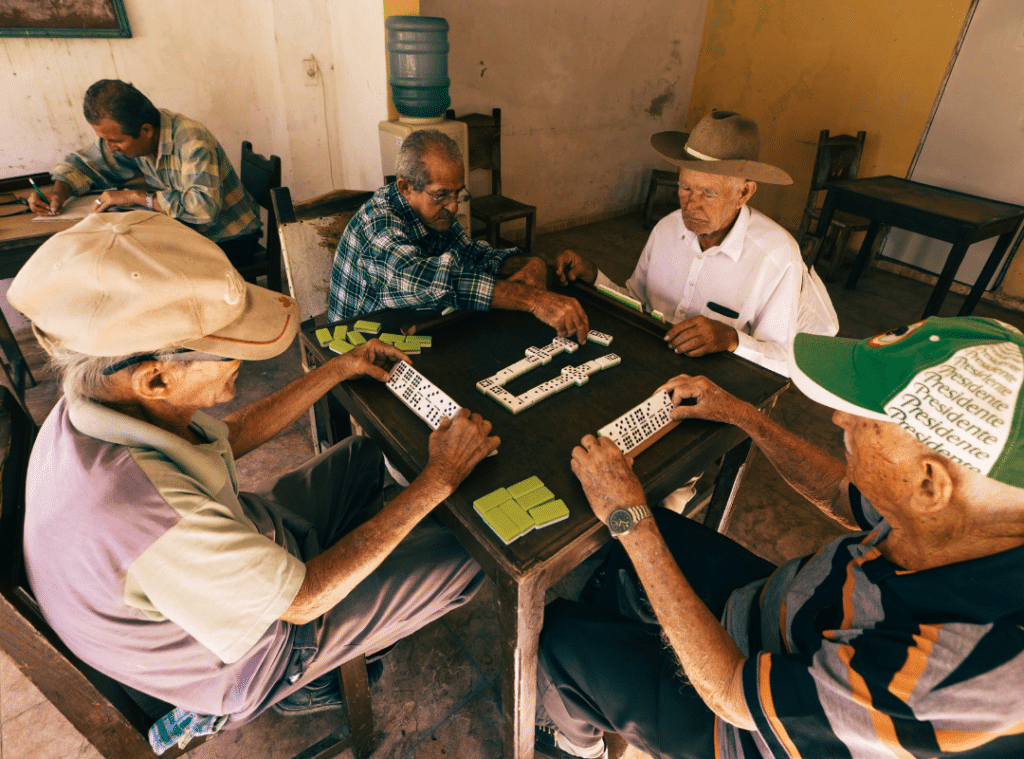Elderly Workout Classes: Stay Fit, Social, and Strong
Discover the Power of Elderly Workout Classes Today
Staying active is vital at any age, but it becomes especially critical in our later years. Elderly workout classes offer a fun, safe, and effective way to stay strong, boost mental well-being, and connect with your community. Whether you’re just starting out or looking to maintain an active lifestyle, these classes are designed to meet your needs while fostering lasting friendships and promoting physical growth.
At Westmont of Pinole, you can find a wide variety of elderly workout classes near Pinole, CA that are tailored to your goals. Plus, many of these options include free elderly workout classes, making it easier than ever to get started on your wellness journey.
The Importance of Fitness for Older Adults
As we age, movement becomes not just beneficial but essential. Regular exercise can help reduce chronic pain, improve mobility, and increase balance, critical elements for maintaining independence.
Participating in senior exercise classes near Pinole, CA, for beginners means you’re improving more than just your body. Exercise supports mental health by reducing stress and anxiety, while the group environment helps battle loneliness and fosters social interaction. At Westmont Living, older adults are encouraged to participate in fitness programs that match their comfort level and abilities.
Enhance®Fitness: A Program Tailored for You
One of the most engaging fitness options is Enhance Fitness, a program designed specifically for older adults. Whether you are exploring elderly workout classes for seniors near Pinole, CA, or just looking for a low-impact way to stay active, this program is a great option.
Enhance®Fitness focuses on:
- Strength building
- Flexibility improvement
- Cardiovascular health
- Balance training
It also includes regular assessments to track progress and tailor exercises to your needs. These group classes bring people together, offering both wellness and friendship in equal measure. Learn more about senior fitness workouts and how to integrate them into daily life.
Moving For Better Balance: Staying Steady on Your Feet
Falls are a leading cause of injury among older adults. Fortunately, programs like “Moving For Better Balance” offer a gentle approach to increasing coordination and reducing fall risk. Based on Tai Chi, this class is ideal for seniors looking to stay mobile and confident.
Key benefits include:
- Enhanced muscle control and flexibility
- Improved spatial awareness
- A relaxing yet productive workout structure
This approach helps participants maintain autonomy and avoid injuries, as highlighted in this post on physical therapy.
The Social Benefits of Group Classes
More than just movement, fitness classes are a gateway to meaningful connections. The group setting allows older adults to make friends, share experiences, and create memories. The camaraderie developed during free senior exercise classes near Pinole, CA, encourages participants to remain engaged and excited about their routine.
Studies show that social connection plays a critical role in healthy aging. At Westmont, group activities help reduce isolation and foster a sense of belonging.
Enhanced Social Interaction
Group workouts make exercise more enjoyable and make it more sustainable. You’ll meet peers with similar goals, encouraging long-term participation.
Benefits include:
- A consistent workout routine with familiar faces
- Shared stories and laughs that make time fly
- A sense of accountability and encouragement
Participating in classes like these can also help reduce feelings of loneliness, which significantly contributes to emotional well-being.
Supportive Community Environment
A strong support system makes a significant difference when starting or maintaining a fitness routine. Westmont’s welcoming environment offers a sense of belonging. Here, you’re not just another attendee; you’re part of a vibrant, health-focused community.
The emotional bonds developed during exercise classes often extend beyond the gym, creating friendships that improve both morale and consistency.
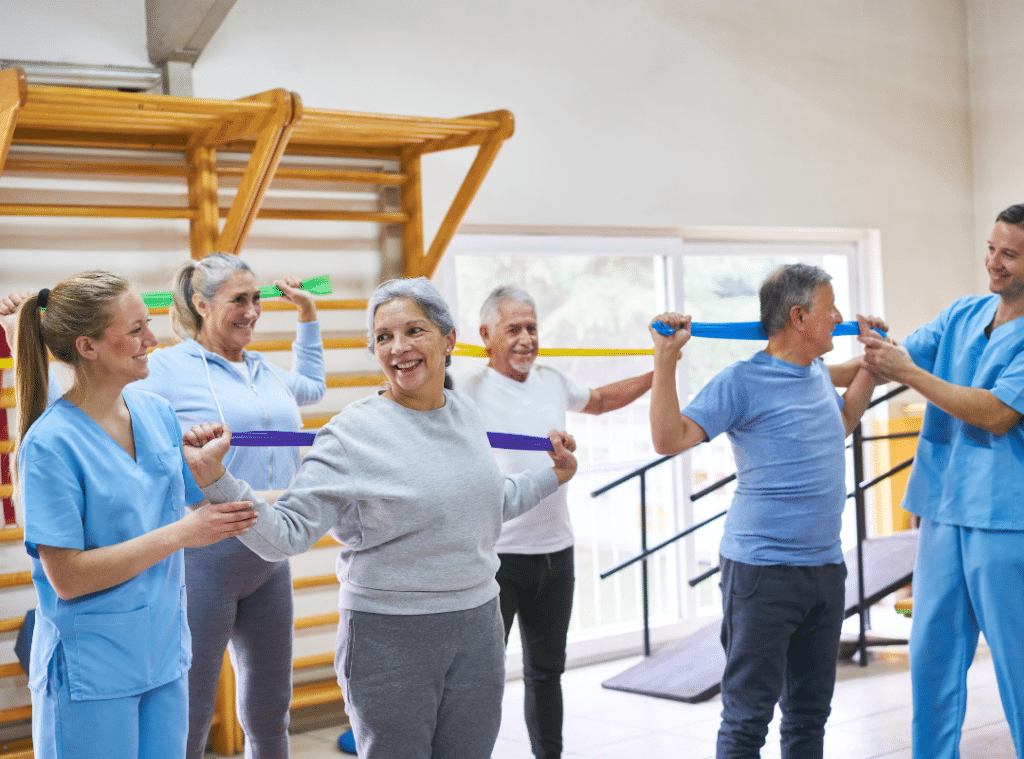
Holistic Health: Individualized Programs for Every Need
One-size-fits-all does not apply to wellness. Personalized workout routines that cater to an individual’s physical capabilities and goals yield better results.
Westmont provides:
- Modified movements for joint support and ease
- Custom routines aligned with medical conditions
- Mindfulness techniques to support mental clarity
These programs address both the body and mind to enhance daily living.
Staying Motivated: Community Support and Engagement
One of the most powerful motivators is a sense of community. Knowing that someone is expecting you in class makes it easier to stay on track. By attending free elderly workout classes, you’re gaining more than just muscle strength; you’re joining a group that celebrates your journey.
Building Social Connections
When you’re part of elderly workout classes near Pinole, CA, each session is an opportunity to meet new people and deepen existing relationships.
Key takeaways:
- Shared activities provide talking points and laughter
- Emotional support helps during plateaus or hard days
- Group classes bring energy and accountability to your week
Group Support Benefits
Peer encouragement transforms the exercise experience. When you’re struggling, a classmate might offer a smile or a high-five. These small moments build morale and keep you coming back.
Engagement in group settings also helps participants reach their goals faster. It becomes more than a workout; it becomes a lifestyle.
Real Results: The Impact of Structured Fitness Programs
Data shows that structured programs work wonders for older adults. With consistent participation, seniors report:
- 35% improvement in mobility and physical performance
- 53% reduction in feelings of sadness or loneliness
- $945 average savings in healthcare expenses annually
These numbers demonstrate the power of commitment to a fitness plan.
Additionally, access to senior exercise classes near Pinole, CA, for beginners ensures everyone, regardless of experience, can start their path toward better health.
Healthline’s guide to senior exercise supports these claims, outlining benefits that range from stronger bones to improved sleep.
Your New Chapter Starts Here: Join the Movement
Who says fitness is only for the young? The truth is, the golden years are a perfect time to embrace physical activity, build strength, and make new friends.
With a wide variety of elderly workout classes for seniors near Pinole, CA, Westmont of Pinole offers something for everyone. Whether you’re seeking balance, strength, or just a great group of people to share a laugh with, there’s a place for you here.
Don’t miss the chance to invest in yourself. Call us today at 510-758-1122 or schedule a tour using this link: Schedule a Tour. See how our vibrant community can support your wellness journey.
Frequently Asked Questions
What is the best fitness program for seniors?
The best fitness program for seniors depends on individual needs, goals, and mobility levels. Many seniors benefit from low-impact exercises like walking, swimming, and chair yoga, which support joint health and cardiovascular endurance. Programs that combine strength training, flexibility, and balance are especially effective in preventing falls and improving daily functioning. SilverSneakers is a popular, senior-specific fitness program available at many gyms across the U.S. It’s always best to consult with a doctor before starting any new exercise routine.
Do seniors get a free gym membership?
Some seniors may qualify for free gym memberships through Medicare Advantage plans that include fitness benefits. Programs like SilverSneakers, Renew Active, and Silver&Fit offer complimentary access to participating gyms and fitness classes for eligible seniors. Availability varies by insurance provider and location, so it’s essential to check the specific benefits of your plan. These programs often include both in-person and online workout options. Seniors without qualifying insurance may still find discounted membership rates at local gyms or community centers.
Is there a free exercise program for the elderly?
Yes, several free exercise programs are available for older adults, often through Medicare Advantage plans or local community organizations. SilverSneakers and similar programs like Silver&Fit provide free fitness classes and gym access to eligible seniors. Community centers, senior centers, and some healthcare systems also offer no-cost group classes tailored to elderly participants. Online platforms like YouTube feature free workout videos specifically designed for older adults with varying mobility levels. These options help seniors stay active without financial strain.
Is the YMCA free for seniors?
The YMCA is not universally free for seniors, but many branches offer discounted membership rates and special programs for older adults. Some YMCA locations participate in Medicare Advantage fitness programs like SilverSneakers or Renew Active, which can cover membership costs. Availability depends on your insurance plan and the specific YMCA location. Even without insurance-based benefits, seniors often receive lower membership fees compared to standard rates. The YMCA also hosts senior-friendly group classes and wellness programs designed to support healthy aging.



